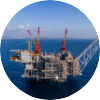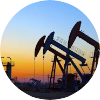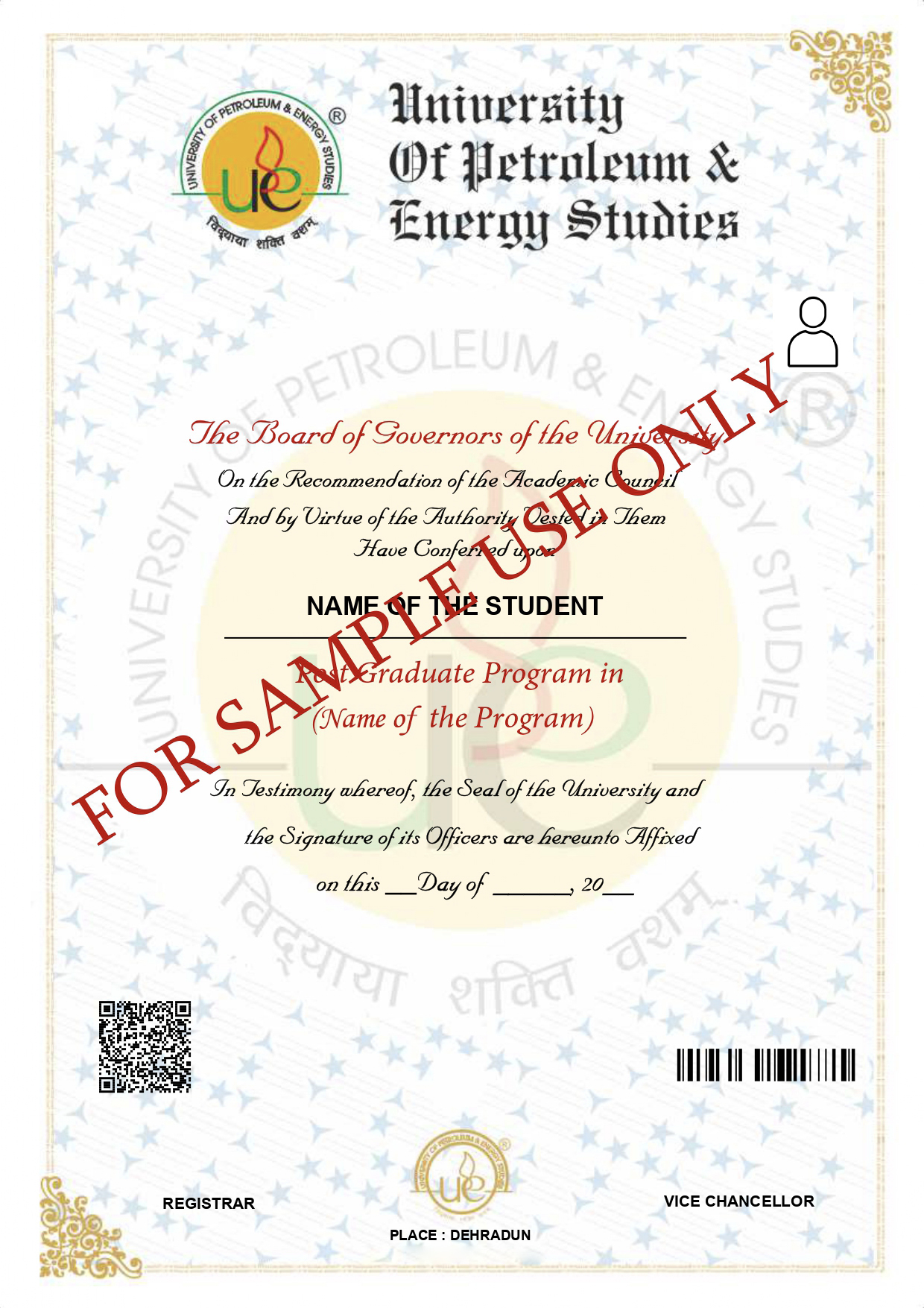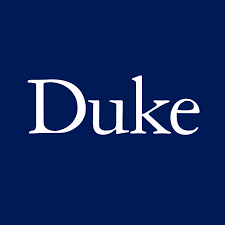-
Courses
-
Business
-
 PGP in Logistics & Supply Chain ManagementUniversity of Petroleum and Energy Studies10 months
PGP in Logistics & Supply Chain ManagementUniversity of Petroleum and Energy Studies10 months -
 PGP in Project ManagementGISMA & UPES6 months
PGP in Project ManagementGISMA & UPES6 months -
 PGP in Marketing ManagementUniversity of Petroleum and Energy Studies10 months
PGP in Marketing ManagementUniversity of Petroleum and Energy Studies10 months -
 PGP in Finance ManagementUniversity of Petroleum and Energy Studies10 months
PGP in Finance ManagementUniversity of Petroleum and Energy Studies10 months -
 PGP in Operations ManagementUniversity of Petroleum and Energy Studies10 months
PGP in Operations ManagementUniversity of Petroleum and Energy Studies10 months -
 PGP in Business AnalyticsUniversity of Petroleum and Energy Studies10 months
PGP in Business AnalyticsUniversity of Petroleum and Energy Studies10 months -
 PGP in Human Resource ManagementUniversity of Petroleum and Energy Studies10 months
PGP in Human Resource ManagementUniversity of Petroleum and Energy Studies10 months -
 PGP in Air Business ManagementUniversity of Petroleum and Energy Studies10 months
PGP in Air Business ManagementUniversity of Petroleum and Energy Studies10 months -
 PGP in Oil & Gas ManagementUniversity of Petroleum and Energy Studies10 months
PGP in Oil & Gas ManagementUniversity of Petroleum and Energy Studies10 months -
 PGP in Power ManagementUniversity of Petroleum and Energy Studies10 months
PGP in Power ManagementUniversity of Petroleum and Energy Studies10 months -
 PGP in Industrial Safety (Health, Safety & Environment)University of Petroleum and Energy Studies10 months
PGP in Industrial Safety (Health, Safety & Environment)University of Petroleum and Energy Studies10 months -
 PGP in International BusinessUniversity of Petroleum and Energy Studies10 months
PGP in International BusinessUniversity of Petroleum and Energy Studies10 months -
 PGP in Renewable EnergyUniversity of Petroleum and Energy Studies10 months
PGP in Renewable EnergyUniversity of Petroleum and Energy Studies10 months
-
- AI & ML
-
Data Science
-
 PGP in Data Science (UPES)University of Petroleum and Energy Studies10month
PGP in Data Science (UPES)University of Petroleum and Energy Studies10month -
PGP in Data Science (LSBF)Coming Soon
-
 PGP in Data ScienceIBM
PGP in Data ScienceIBMLive Online Delivery from IBM
-
Certified Data ScienceComing Soon
-
-
Technology
-
 PGP in Cyber SecurityRangeforce11 months
PGP in Cyber SecurityRangeforce11 months -
 Diploma in Cyber SecurityRangeforce5 months
Diploma in Cyber SecurityRangeforce5 months -
 Coming SoonAdvanced Certification Program in Cloud Computing with IBMIBM & UCI
Coming SoonAdvanced Certification Program in Cloud Computing with IBMIBM & UCILive Online Delivery from IBM
-
Certificate Program in Cyber Security and Forensics with IBMComing Soon
-
MBA (Gen.) with specialization in Digital TransformationComing Soon
-
-
Data/ Business Analytics
-
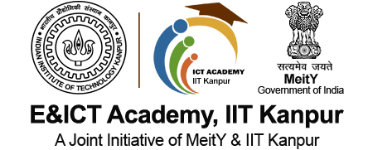 Advanced Certification in Data Analytics (IIT Kanpur)IIT Kanpur4 months
Advanced Certification in Data Analytics (IIT Kanpur)IIT Kanpur4 months -
PGP in Business AnalyticsComing Soon
-
MBA in Business AnalyticsComing Soon
-
-
Law
-
Professional Certificate Course in IPRComing Soon
-
Professional Certificate Course in Contract Drafting & NegotiationComing Soon
-
- Design
-
Business













